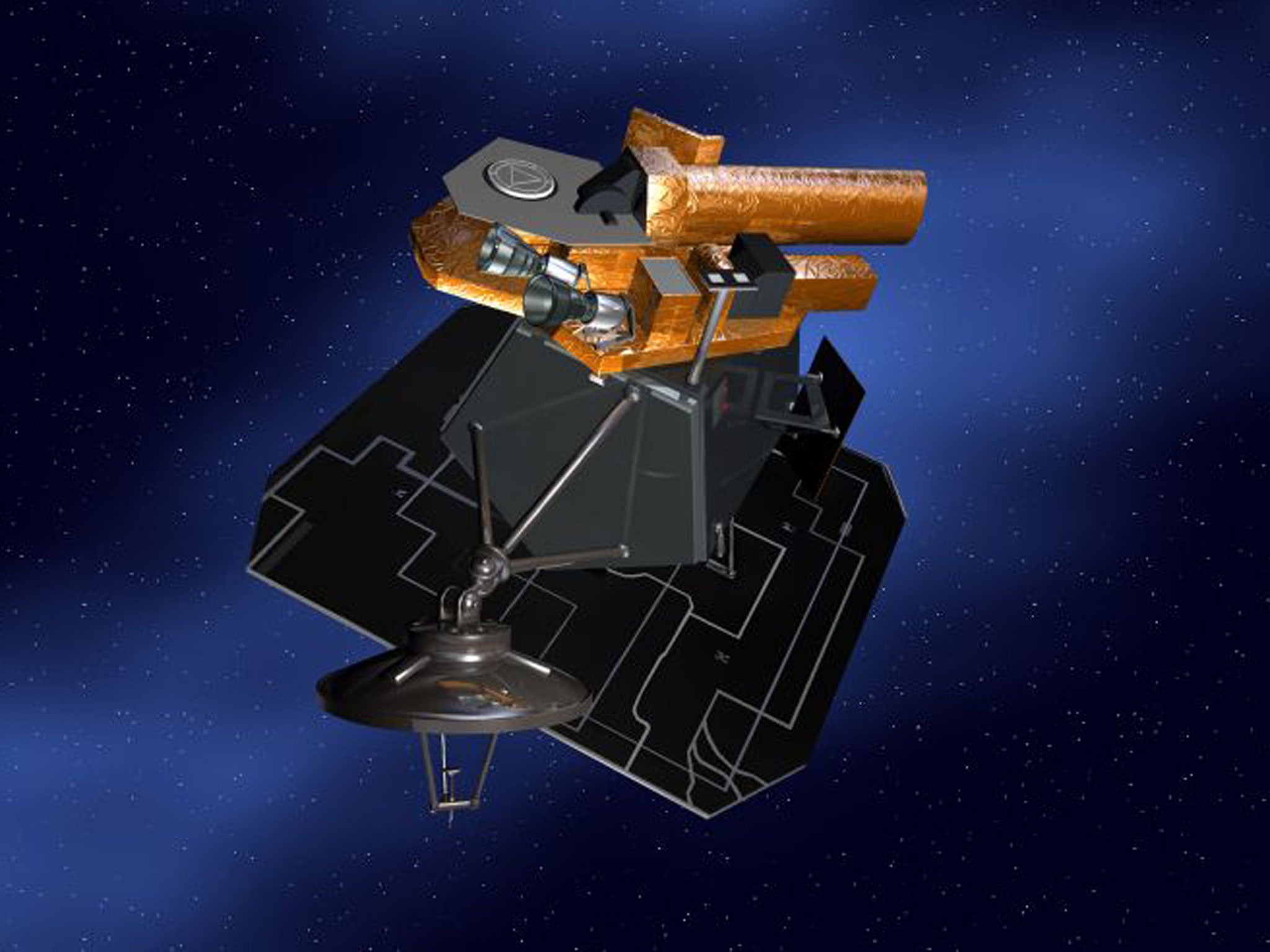Lost in space: Nasa declares end to Deep Impact comet mission after month's radio silence

Two weeks of deafening radio silence from a spacecraft has led Nasa to conclude their "old friend" the Deep Impact vessel will explore no more.
Engineers have tried unsuccessfully to regain contact with the vessel for a month, but finally admitted defeat and announced the end of the mission.
Scientist Jessica Sunshine of the University of Maryland said she was "saddened at the loss."
Mike A' Hearn, Deep Impact principal investigator said the spacecraft had revolutionised their understanding of comets and their activity.
“Deep Impact has been fantastic, long-lasting spacecraft that has produced far more data than we had planned", he told Universe Today.
Deep Impact put on a celestial fireworks display 4 July, 2005, when it fired a projectile into comet Tempel 1. The high-speed impact carved a crater and hurled a plume of debris into space, allowing scientists to examine the pieces using telescopes.
Within six months it's mission was complete, but the science team "kept finding interesting things to do" with it, according to Tim Larson, project manager of Deep Impact at JPL
Afterward, Deep Impact journeyed was dispatched to journey towards comet Hartley 2, flying through a blizzard of ice particles and escaping unharmed. It later passed by the distant comet Garradd and also observed stars in search of Earth-sized planets outside the solar system.
Before losing contact in August, it was studying another comet named Ison, that is expected to shine as bright as the moon when it moves closer to the Earth in November this year
The cause of the failure was unknown, but engineers suspect the spacecraft lost control, causing its antenna and solar panels to point in the wrong direction. Without power flowing to its onboard computer, Deep Impact's battery and propulsion systems may have frozen, causing it to spin out of control through the solar system.
Scientists were disappointed at the timing of the silence that cut short their observations of comet Ison and future plans.
Deep Impact's comet adventures have changed scientists' views of comets, irregular bodies of ice and dust that orbit the sun and are leftovers from the formation of the solar system. Once thought to be similar, scientists said comets are more varied than initially realized. Comet Tempel 1, for example, turned out to be fluffier than scientists imagined.
The $372 million (£232 million) Deep Impact mission was managed by the NASA Jet Propulsion Laboratory. With communication lost, the spacecraft will continue traveling around the sun.
Subscribe to Independent Premium to bookmark this article
Want to bookmark your favourite articles and stories to read or reference later? Start your Independent Premium subscription today.

Join our commenting forum
Join thought-provoking conversations, follow other Independent readers and see their replies